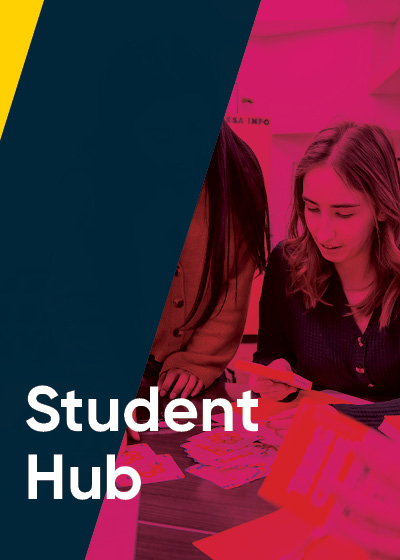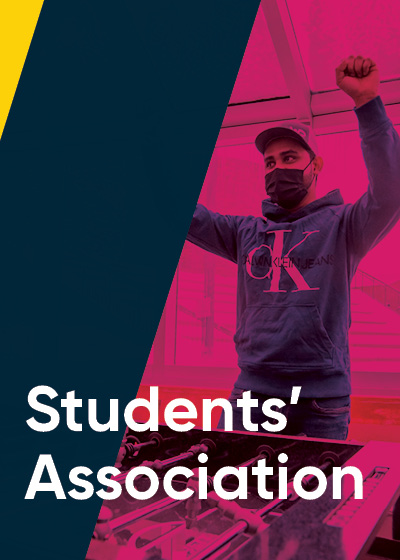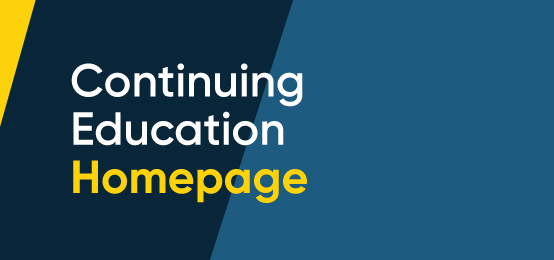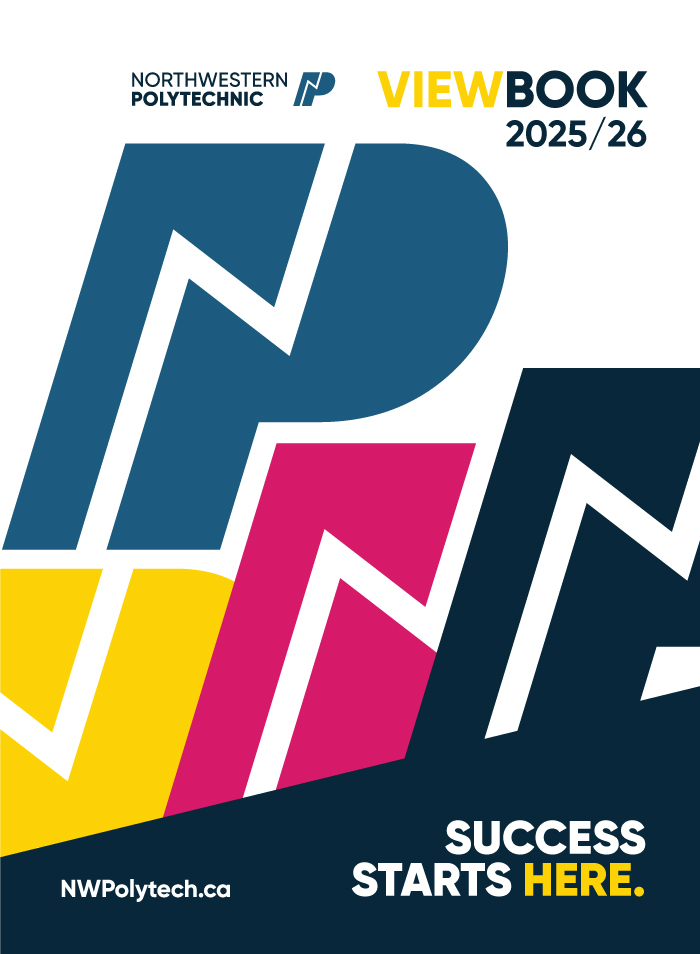News Archives: GPRC Students Receive SINEWS Grant for Wildfire Management Research
Tuesday, July 2nd, 2019

Andrea Rosenberger (left) and Emma Doerkson received a grant from SINEWS to pursue research on Indigenous forest fire management practices.
This summer, a pair of GPRC students will form a very special kind of sisterhood – one that not only embraces Indigenous cultural knowledge but also bridges it with Western science.
The unique partnership is made possible thanks to SINEWS (Sistering Indigenous and Western Science), a bursary and mentoring program funding eight pairs of women at post-secondary institutions across Alberta. Each team, consisting of one Indigenous and one non-Indigenous student, will receive funding to conduct research in support of Indigenous public interests within the mandate of Natural Resources Canada.
For GPRC students Andrea Rosenberger and Emma Doerksen, who will be investigating Indigenous traditions around wildfire management, it’s a valuable opportunity to participate in academic research for the first time while being mentored by GPRC professors Darlene Horseman and Ali AL-Asadi. The goal of the SINEWS program is to increase Indigenous people’s involvement in research while also carrying an important reconciliation aspect.
“I’m so excited to dive in and learn,” said Rosenberger, a GPRC alumna who is in her third year of GPRC’s Bachelor of Social Work collaborative degree program with the University of Calgary. “Due to general attitudes that Indigenous people didn’t have science, our ways of knowing weren’t valued in Canadian systems or reflected in public policy. Even though we’ve retained our teachings, they’ve kind of gone underground.”
As severe wildfires continue to rage every summer throughout Fort McMurray, Slave Lake, and more recently High Level, Paddle Prairie and other places in Alberta, the students’ research project couldn’t be more timely. “We know Indigenous people had ways of managing fires in a controlled manner that wasn’t dangerous—just part of helping along the natural process,” said Rosenberger.
“We’re going to be researching what Indigenous burning practices looked like, and the cultural teachings involved.”
Already active in Grande Prairie’s Indigenous community, Rosenberger is the former president of the GPRC Circle of Indigenous Students and has worked at the Grande Prairie Friendship Centre for the past eight years. Her non-Indigenous research partner, Doerksen, has also showed an avid interest in Indigenous studies, working for Kainai Children’s Services in Standoff, Alberta for 11 months before moving back to the Peace Region.
“I was immersed in Blackfoot Culture and learned a lot during my time with the Blood Tribe,” says Doerksen, who is pursuing a degree in education at GPRC. “My interest lies in anything Indigenous to the land I am on. I can only hope that our research may be used in the next Alberta fire management plan or by municipalities that practice prescribed burning in the spring months.
“I always saw research as a step above the traditional undergraduate learning experience.”
The duo completed training in May at Northern Forestry Centre, and continues to work closely with Natural Resources Canada’s fire social scientist, Amy Christianson. They have been in contact with surrounding First Nations communities who will connect them to interviewees. Deliverables for the project, once completed, will include a presentation of their findings to the community and possibly even a podcast.
“I’m really excited about being in a time when this knowledge is so needed, and I think it’s really validating for Indigenous people,” says Rosenberger. “We do have science - we are leaders in science. We have been here for a long time, so who knows the land in those ways better than we do? Just the opportunity to bring these stories, these teachings and that knowledge forward and having everyone be so supportive along the way has been incredibly rewarding.”












